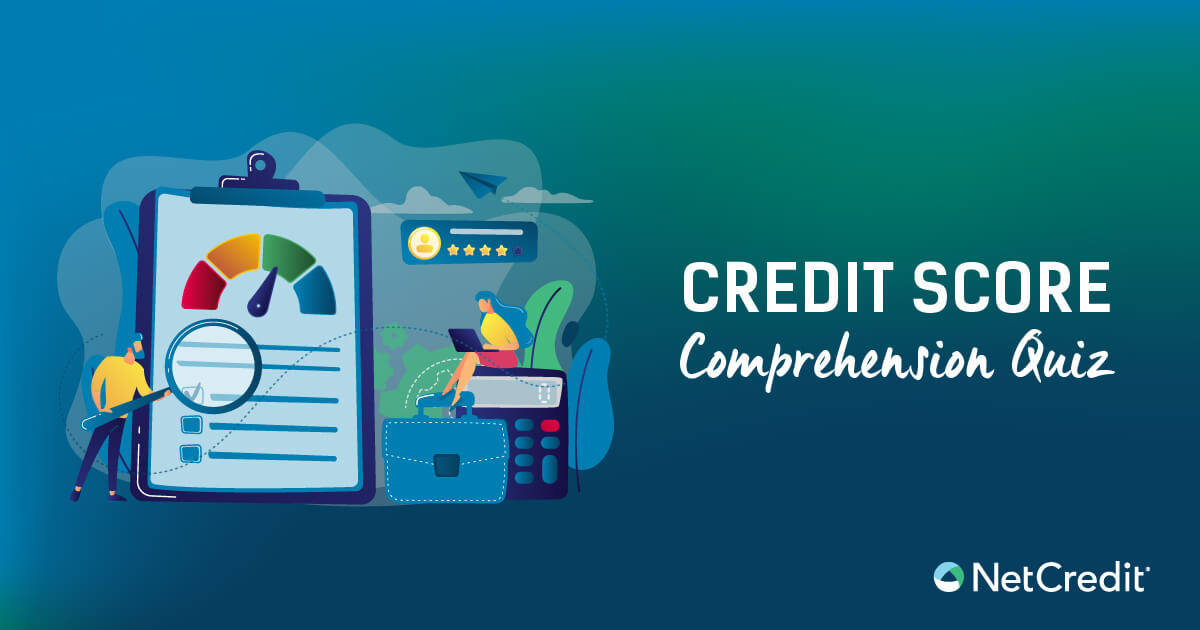Your credit health might seem like an abstract concept if you don’t fully know what information is considered or even what your score means. But that doesn’t mean that credit isn’t an important aspect of your financial health! Since it matters to lenders, landlords and even some employers, you should try to aim for as high a credit score as possible.
Raising your credit score is much easier when you actually know what information is considered in a report. Do you understand personal credit and the factors that impact your score? Take our quick quiz to find out where you stand right now.
[wp_quiz id=”12942″]






